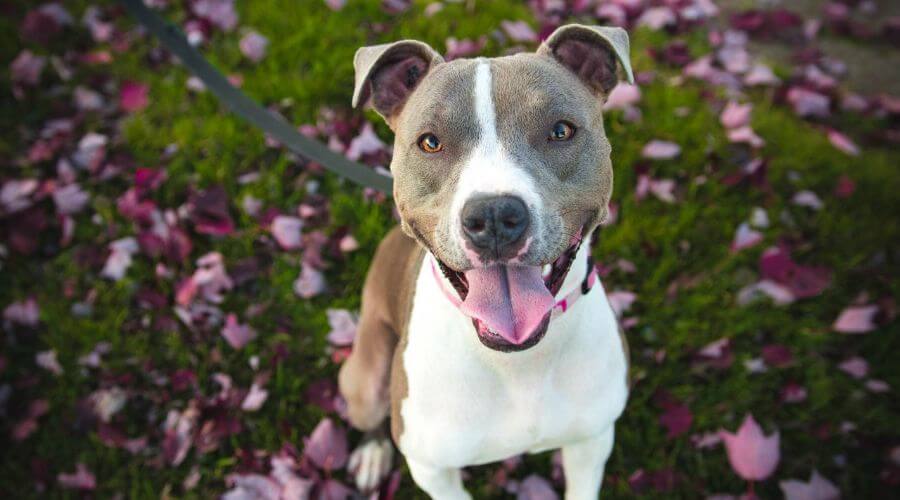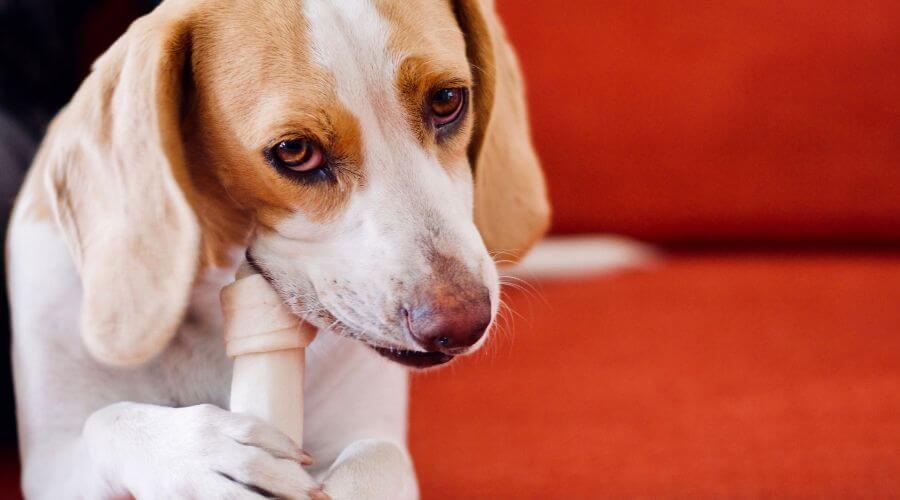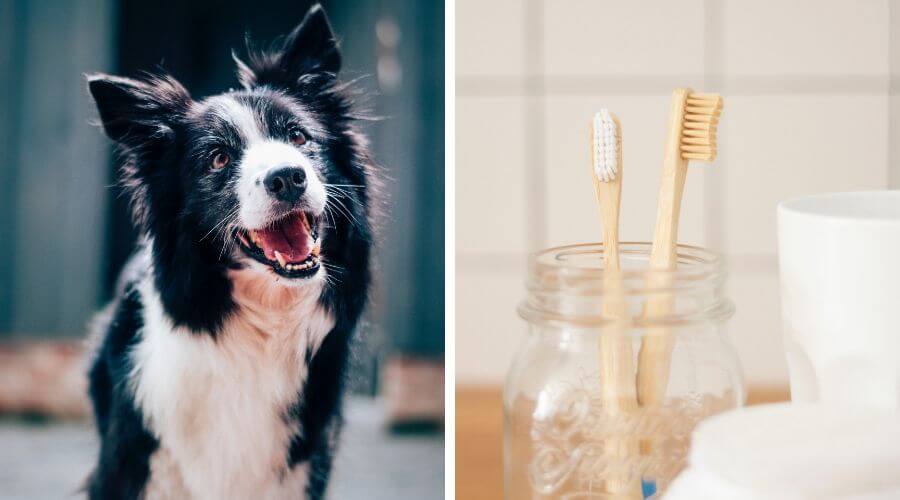The Australian Veterinary Association (AVA) reports that 4 out of every 5 dogs and cats over the age of 3 have some degree of dental disease.
And just as us humans need to take care of our teeth and gums to prevent build up of plaque and dental disease, we also need to take care of pet’s teeth and gums.
Good oral care is an essential part of supporting the optimum health and quality of a pet’s life. Therefore, as trusted pet professionals, you can play a key role in reminding pet owners of the importance of checking their animal’s teeth and keeping them clean.
What is periodontitis?
According to the AVA, ‘periodontitis is an irreversible destructive process involving the loss of the tooth’s supporting structures (the periodontium), which includes the gingiva, periodontal ligament, cementum and the alveolar bone.’
As periodontitis can result in receding gums and lose teeth, the disease can make it difficult for dogs to chew and swallow food. As a result, this can cause decreased appetite, mood changes, lethargy and behavioural changes.

Causes of periodontitis
Periodontitis begins with a build up of bacteria in the mouth (plaque). The longer plaque remains on the teeth, the more it builds up and the more it hardens to form calculus or tartar.
When calculus occurs above the gums it can cause irritation and inflammation of the gums (gingivitis). And when the bacteria moves under the gums it can create pockets and this can allow periodontitis to set in.
As such, the underlying cause of periodontitis can be poor diet and lack of regular dental care.

Dog breeds at risk of periodontal disease
Some dogs can have a predisposition to periodontal disease due to the structure of their mouth (i.e. wide mouths with rotated teeth), the shape of their face (i.e. short faces) and even genetics. Breeds considered at higher risk of periodontal disease include:
- English bulldog
- French bulldog
- Shih Tzu
- Yorkshire terrier
- Pomeranian
- Greyhounds
According to the Greyhound Welfare & Integrity Commission, ‘in some genetic lines, the Greyhound’s own immune system does not cope well with gum disease and extra inflammation adds to the pain and swelling associated with periodontitis. These dogs have very painful mouths, swollen gums and lips. In some cases, extracting all the teeth is the only way to permanently cure this condition.’
Periodontal disease: it’s not just the teeth
A key aspect of periodontal disease that pet owners might not consider, or even realise, is the fact that periodontitis can affect the whole body.
Oral cavity bacteria can have a toxic effect on the entire body. Bacteria from the mouth can enter the bloodstream and spread throughout the entire body. As a result, this can cause changes in the animal’s heart, kidney and liver. These are vital organs. As such, damage caused to these organs could shorten a pet’s life.
Educating and raising awareness of why a pet’s oral hygiene is essential and a necessary part of pet care is a great first step in helping to prevent periodontal disease.

Avoiding dental problems
As pet professionals you can remind pet owners of the importance of pet dental care and regular dental check-ups. The following actions can help promote healthy teeth and gums.
- Ensure dogs receive a good quality, balanced diet.
- Practice regular at-home dental care. Daily tooth brushing can be effective, but can be quite a bit of work. Dental chews can be beneficial.
- Ensure regular dental check-ups at the vet.
- Seek advice from a veterinarian for further information about pet dental care, particularly if the breed has a predisposition to periodontal disease.
While some people say including raw, meaty bones in a dog’s diet can be helpful for strong teeth and healthy gums, care must be taken.
The Australian Veterinary Association advises that bones can cause some serious problems for pets, including potentially broken teeth, constipation and food poisoning.
Remind pet owners never to give their dog old or cooked bones, as these can splinter easily and cause damage to the dog’s mouth.
Dental disease is more common in older dogs. But by implementing a healthy diet and optimum oral health early on, we can help prevent many dogs from developing periodontitis. After all, prevention is always better than cure-particularly as many pet insurance policies do not cover dental care.
Latest posts by Liz Walden (see all)
- Pet health: Medicinal cannabis for pets - December 27, 2021
- What pet business insurance do I need? - November 17, 2021
- Pet sitters: how to take time off - November 15, 2021










Leave A Comment